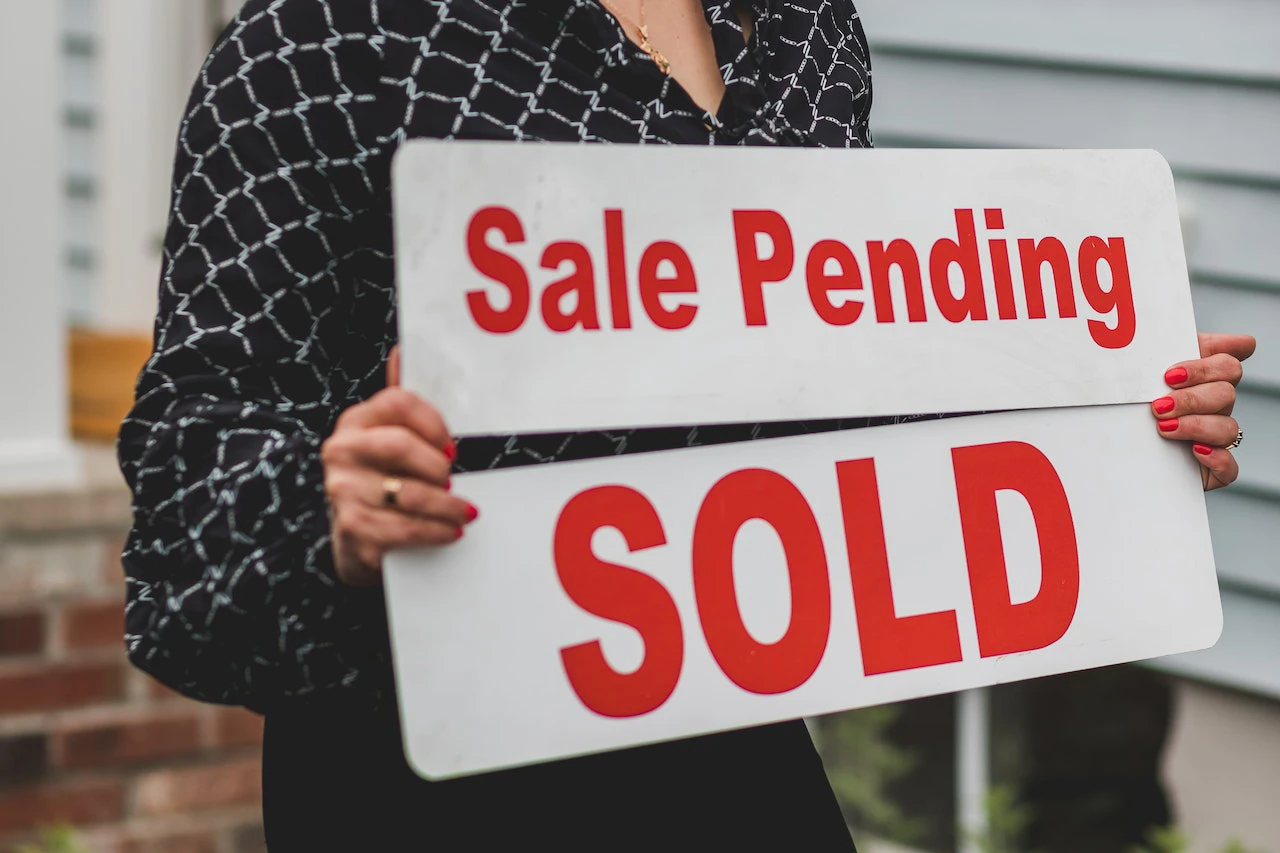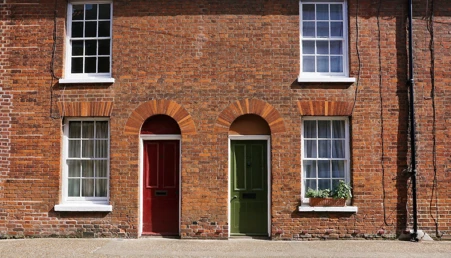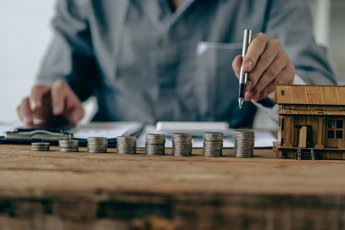In simple terms, equity can be described as the portion of a house's value that you actually own. Equity in a house is determined by the property's current market value and the amount that remains to be paid on the mortgage.
What is meant by equity?
Equity can be understood as the portion of the property's value that belongs to the homeowner outright, free of any debts or obligations related to the property. As the homeowner pays off their mortgage or as the property's value increases over time, the equity in the house typically grows.
How can a homeowner build equity?
There are several ways in which you can build equity in your home. One primary method is through regular mortgage payments. As each monthly payment is made, a portion goes towards reducing the principal amount owed on the mortgage, contributing to increased equity. Better still, if the property's value rises over time due to favourable market conditions or home improvements, your equity also grows.

Advantages of building equity
Equity can help you to sell your property at a profit. When the value exceeds the remaining mortgage balance, you can potentially sell the house and receive the surplus money as profit.
If you want to release some equity from your home to pay for home improvements or to consolidate debts, check out our article on remortgaging to raise capital.
Important information
Your home may be repossessed if you do not keep up repayments on your mortgage.
There may be a fee for mortgage advice. The actual amount you pay will depend on your circumstances. The fee is up to 1% but a typical fee is 0.3% of the amount borrowed.
You may have to pay an early repayment charge to your existing lender if you remortgage.
Related Articles
My house has increased in value, is now the time to remortgage?
Data from Rightmove reveals a 7% growth in house prices as monthly values continue to soar, but is remortgaging to release capital from your home the right move for you?
Can I remortgage my house to buy another property?
Are you interested in buying a second property but wonder how you could afford it? Remortgaging your house could be a potential option...
How to add value to your house
Whether you're planning to sell or simply want to create a ‘forever home’ you'll love for years to come, adding value to your house is always a worthwhile endeavour.
No posts currently available







